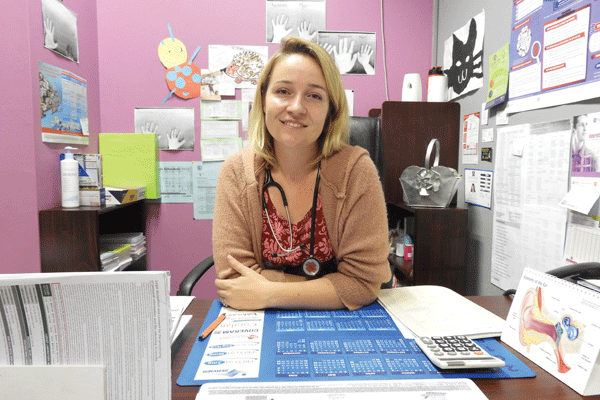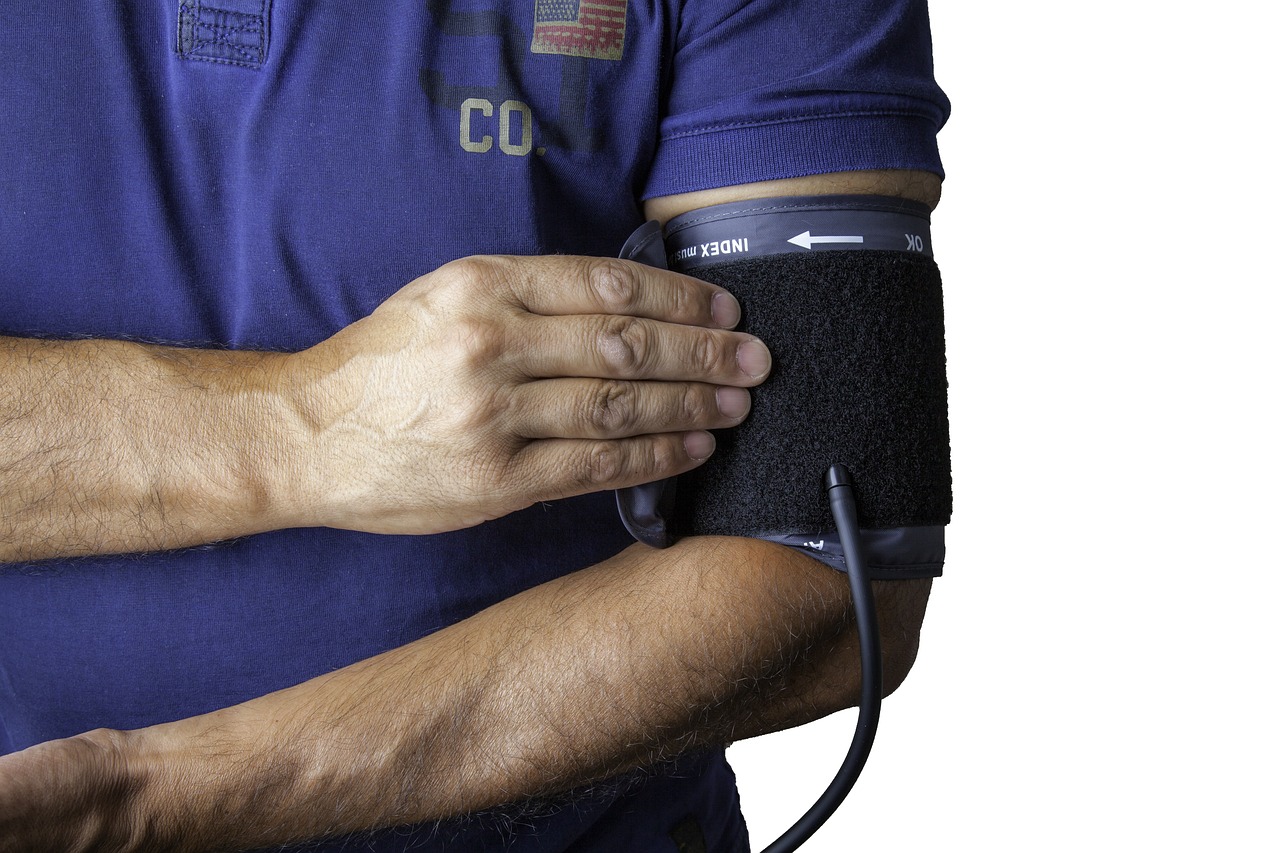Services
General Practitioners
Peadiactrics
Pregnancy monitoring & family planning


Paediatricians
Paediatrician services are medical services provided by doctors who specialize in the care and treatment of infants, children, and adolescents. Paediatricians are trained to address the unique healthcare needs of children, from birth up to the age of 18 or 21, depending on the country.
Paediatricians offer a wide range of services to ensure the health and well-being of children. Here are some common services provided by paediatricians:
Well-child visits: Paediatricians conduct regular check-ups to monitor a child’s growth and development, administer vaccinations, and provide guidance on nutrition, safety, and development milestones.
Diagnosis and treatment of illnesses: Paediatricians diagnose and treat various common childhood illnesses such as colds, flu, ear infections, strep throat, asthma, allergies, and more.
Vaccinations: Paediatricians administer vaccinations according to recommended immunization schedules to protect children from preventable diseases like measles, mumps, rubella, polio, chickenpox, and others.
Developmental screenings: Pediatricians assess a child’s physical, cognitive, and emotional development at different stages to identify any potential developmental delays or disorders. They may refer the child to specialists for further evaluation if needed.
Behavioural and mental health: Paediatricians address behavioural and mental health concerns in children, such as attention-deficit/hyperactivity disorder (ADHD), anxiety, depression, and behavioural disorders. They may provide counseling, recommend therapy, or prescribe medications when necessary.
Chronic condition management: Paediatricians manage chronic conditions such as asthma, diabetes, obesity, allergies, and others, ensuring proper treatment, monitoring, and ongoing care.
Emergency care: Paediatricians provide emergency medical care for acute injuries, severe illnesses, or sudden medical emergencies.
Parental guidance and education: Pediatricians offer guidance and education to parents on various topics, including nutrition, sleep, safety, discipline, and child development.
Referrals to specialists: When necessary, paediatricians refer children to specialists for further evaluation and treatment in areas such as cardiology, dermatology, orthopaedics, neurology, and more.
It’s important to note that the specific services offered by pediatricians may vary based on their expertise, the healthcare system of the country they practice in, and the individual needs of the child. If you have specific concerns or questions about paediatrician services, it’s best to consult a paediatrician or healthcare provider directly.

General Practitioners
A General Practitioner (GP) is a primary care physician who provides comprehensive medical care to patients of all ages. GPs are often the first point of contact for individuals seeking healthcare and are trained to diagnose, treat, and manage a wide range of medical conditions.
The services provided by a GP may include:
Routine check-ups and preventive care: GPs can perform regular health check-ups to assess your overall health, monitor chronic conditions, and provide preventive care such as vaccinations and screenings.
Diagnosis and treatment: GPs are trained to diagnose and treat various acute and chronic illnesses. They can evaluate your symptoms, order diagnostic tests if necessary, and prescribe medications or other appropriate treatments.
Management of chronic conditions: GPs play a crucial role in managing long-term medical conditions like diabetes, hypertension, asthma, and arthritis. They can help you develop treatment plans, monitor your condition, and make necessary adjustments to medications or lifestyle modifications.
Referrals to specialists: If your condition requires specialized care, GPs can refer you to appropriate specialists, such as cardiologists, dermatologists, or orthopedic surgeons. They can also coordinate your care and communicate with other healthcare providers involved in your treatment.
Minor procedures: GPs can perform certain minor procedures like suturing wounds, removing skin lesions, administering injections, and providing basic emergency care.
Health education and counseling: GPs can provide guidance on maintaining a healthy lifestyle, managing stress, weight management, smoking cessation, and other health-related concerns. They can also offer counseling for mental health issues or refer you to a mental health specialist if needed.
Women’s health and family planning: GPs can provide reproductive healthcare services, including Pap smears, contraceptive counseling, and preconception care. They may also manage common gynecological conditions and provide antenatal and postnatal care.
It’s important to note that the availability of specific services may vary depending on the healthcare system and the individual GP’s expertise. GPs are an essential part of the healthcare system, and they play a vital role in promoting and maintaining the overall health and well-being of their patients.

Pregnancy monitoring & family planning
A pregnancy monitoring and family planning clinic is a medical facility that provides comprehensive reproductive health services to individuals and couples. These clinics typically offer a range of services related to pregnancy, contraception, and family planning to support individuals in making informed decisions about their reproductive health. Here are some common services you might find at such a clinic:
Pregnancy Monitoring: The clinic may provide prenatal care services for pregnant women, including regular check-ups, ultrasounds, and blood tests to monitor the health of the mother and fetus.
Contraception Counseling: The clinic can offer information and guidance on various contraceptive methods available, such as birth control pills, intrauterine devices (IUDs), condoms, contraceptive implants, patches, or injections. They can help individuals choose the most suitable method based on their health, lifestyle, and preferences.
Family Planning: The clinic can provide counseling and support for individuals and couples who want to plan their families. This may include discussing options like natural family planning methods, fertility awareness, and preconception counseling.
Sexually Transmitted Infection (STI) Testing: The clinic may offer testing, diagnosis, and treatment for sexually transmitted infections. This can involve screenings for common STIs such as chlamydia, gonorrhea, HIV, syphilis, and others.
Preconception Health Care: For individuals planning to conceive, the clinic may provide guidance on optimizing their health before pregnancy. This can involve recommendations on nutrition, exercise, prenatal vitamins, and managing any pre-existing medical conditions.
Counseling and Education: The clinic may offer counseling services related to reproductive health, including pregnancy options counseling, pre- and post-natal counseling, and emotional support. They may also provide educational resources on topics such as contraception, pregnancy, parenting, and sexually transmitted infections.
Referrals: In cases where specialized medical care is needed, the clinic can refer patients to appropriate specialists, such as infertility specialists, genetic counselors, or obstetricians.
It’s important to note that specific services may vary between clinics. Some clinics may also provide additional services like abortion counseling or infertility treatments. It’s best to check with a specific clinic to see what services they offer.
Address
Mountain View Mall Shop D1 Cnr of Line and Wall Street Waterfall East, Rustenburg North West Province 0299 South Africa
Call Us
014 594 0089
Email Us
info@medhuys.co.za
